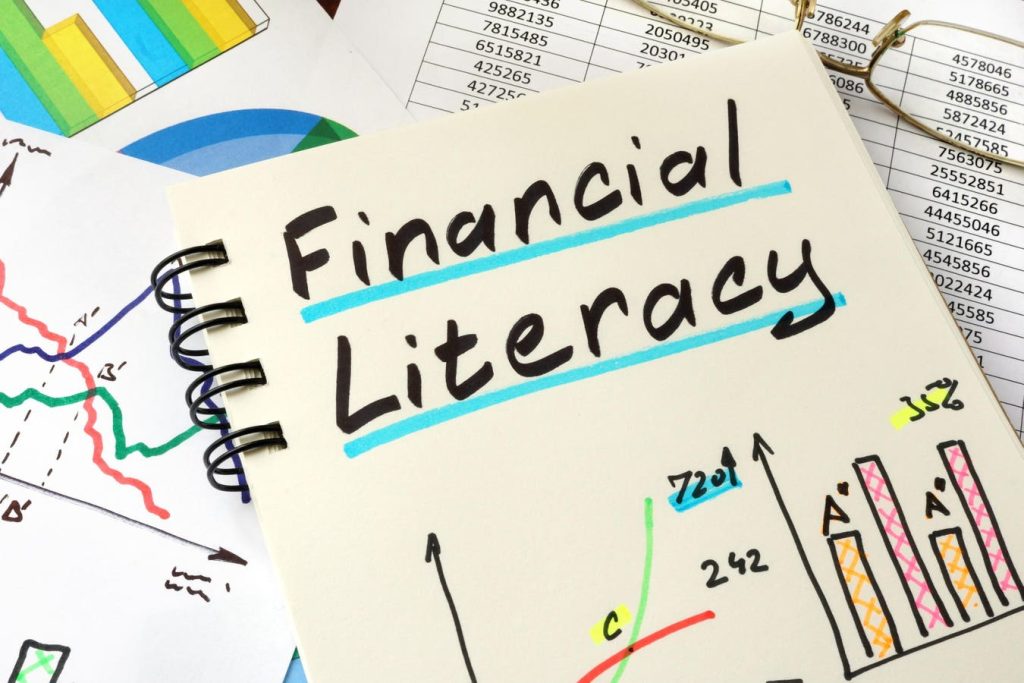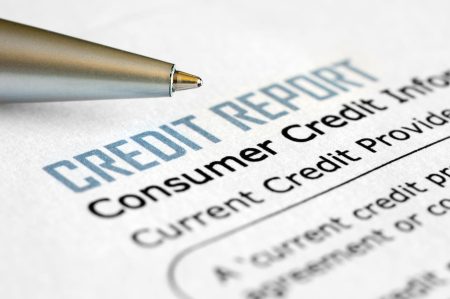Most Americans acknowledge that there is a lack of personal finance education in schools. However, whether high school kids should learn basic personal finance in high school can be a bit of a hot button issue.
This type of education does seem like a logical step for students who will one day become adults, yet there are those who worry about potential downsides, as well as parents who don’t want their kids learning money lessons from their teachers.
One common pain point for parents is teacher preparedness when it comes to teaching finance in the first place. Many high school teachers are not knowledgeable about money or investing themselves, so schools will need to find dedicated educators who can teach the courses.
Then there’s the opportunity cost that comes with teaching kids finance over other topics. With only so many days and hours to teach students built into a single school year, teaching students finance means something else will have to give.
Finally, some worry that financial education courses in high schools will eventually be “sponsored” by companies who don’t have kids’ best interests at heart. Just like the healthy school lunches fed to children decades ago have been taken over by fast food in some districts, could finance education courses be sponsored by credit card companies one day?
Of course, most of us would hope not. However, most of us would also agree kids shouldn’t have Pizza Hut and Chick-fil-A available for school lunch, yet that’s exactly what has happened in school districts across the country. This has left some parents to wonder what kind of safeguards might be in place, as well as who gets to decide what financial lessons our will kids learn.
California Just Mandated Finance Education In High School
Despite potential downsides, educators and lawmakers in most states still believe the pros of offering finance education in high school far outweigh the cons. According to the Council for Economic Education’s latest biennial Survey of the States, schools in more than two-thirds of states were offering personal finance courses in high school as of the end of last year, including Alabama, Georgia, Indiana, Nevada, Utah and more.
The state of California was just added to the list in June of 2024, when Governor Gavin Newsom announced an agreement to make financial literacy required for students who want to graduate high school.
“We need to help Californians prepare for their financial futures as early as possible. Saving for the future, making investments, and spending wisely are lifelong skills that young adults need to learn before they start their careers, not after,” said Newsom in a press release.
The proposed legislation in California, called AB 2927, will require a semester of personal finance education for high school students in the state by the 2027-28 school year. The course will be required to graduate high school in California starting with the 2030-31 graduating class, notes the memo.
Why Should Students Learn Finance In High School?
One major argument for finance education in high school is the fact many kids are never exposed to financial lessons at home. Martin Mulyadi, Ph.D., who serves as a Professor of Accounting at Shenandoah University School of Business, says that the benefits of finance courses in high school can have a profound impact on students when it comes to their future financial security. For example, educating students to create and manage budgets, save, and invest can help minimize future financial mistakes.
“Better decision-making abilities brought about by financial literacy help students to evaluate financial products and grasp the long-term effects of their financial decisions,” adds Mulyadi.
Not only that, but the professor believes schools have an instructional responsibility to prepare students for life. And obviously, financial literacy is a very important life skill.
Financial advisor Matt Chancey says society needs to think about all the things students learn in high school that apply to everyday life. When you consider this additional context, why wouldn’t we want financial literacy taught in schools?
“Every single day, people are dealing with their bank accounts, car payments, insurance, saving for their 401k, and retirement,” says Chancey. “Financial literacy touches every aspect of your life and almost every decision you make, so it is probably one of the most important things that we should be teaching that we don’t.”
Money manager Vijay Marolia also points out other obvious reasons financial education for students should be a priority. Americans have $1.12 trillion dollars in credit card debt at this point, according to the Fed, and a recent study shows nearly half of us don’t have enough funds to cover a $1,000 emergency expense. A new study from AARP revealed that 1 in 5 Americans over the age of 50 have $0 in retirement savings, and more than half over that age worry they won’t have enough savings to last.
Marolia also points out that housing is expensive and homelessness is increasing, and all at a time when inflation is forcing consumers to make difficult decisions on what they can afford.
“By learning about money and personal finance at an early age, we can stop these problems before they start,” he says.
The Bottom Line
While there are some potential downsides that come with teaching financial literacy in high school, there are steps schools can take to go about it the right way.
The first is making sure teachers in charge of these courses are properly trained and educated when it comes to the core competencies of personal finance. The second is making sure courses are never influenced by third party companies that promote specific financial products, including credit cards and other instruments for debt.
At the end of the day, it’s also up to parents to ensure their kids learn financial basics like paying bills, creating a household budget, and saving and investing for the future. When we don’t, our kids are left to learn harsh lessons about money and finance on their own.
Read the full article here










